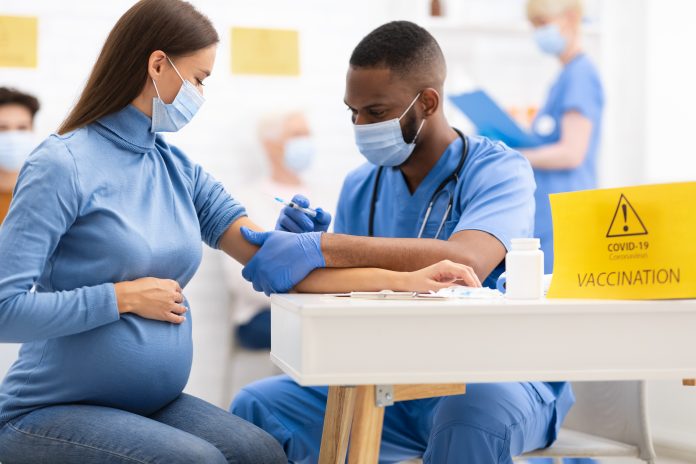Having just one dose of the COVID-19 vaccine significantly reduced multiple psychological distress factors, improving the well-being and safety of recipients
A study involving participants from the US finds that receiving at least one vaccine dose was associated with statistically significant declines in multiple psychological distress factors, improving the psychological well-being of participants.
Taken in the Understanding Coronavirus in America study, which was a large longitudinal study measuring the impact of the pandemic on individuals in the United States, they found vaccination rates were responsible for declines in distress associated with perceived risks of infection, hospitalisation, and death.
Psychologic distress and anxiety increased globally following the COVID-19 pandemic
The study, appearing in the American Journal of Preventive Medicine, shows that vaccinations reduce perceived risks associated with COVID-19, and that the reduction of fears associated with the COVID-19 pandemic lead to improvements in mental health and quality of life for participants.
Incorporating numerous factors affecting mental health decline, such as widespread job and income loss, food insecurity, social isolation, caregiving burdens, substance abuse, and racialised discrimination, they conducted the study to see if vaccinations had lifted any burdens in people’s lives concerning the Coronavirus.
Throughout the pandemic, depressive symptoms persisted and increased exponentially for people who experienced stress exposures. Rising anticipatory fears of COVID had contributed to rising mental health problems globally.
The study of 8,090 adults, interviewed regularly between March 2020 and June 2021, demonstrated that there were declines in COVID-related risk perceptions and psychological distress following vaccination.
The results were the prominent amongst adults who received at least one dose of the COVID-19 vaccine between December 2020 and June 2021 – who reported a 7% relative reduction in mental distress – measured using the Patient Health Questionnaire 4 (PHQ-4) distress scores, from average levels in the survey period immediately prior to vaccination.
Lead investigator Jonathan Koltai, PhD, Department of Sociology, University of New Hampshire, said: “Our study documents important psychological benefits of vaccination beyond reducing the risk of severe illness and death associated with COVID-19.”
Receiving the vaccine made people feel safer in addition to being safer
The perceived declining risk of COVID infection following vaccination caused the most reductions in mental distress – with these effects becoming stronger up to at least eight weeks following vaccination.
Becoming vaccinated was associated with a 7.77 percentage point decline in perceived risk of infection, a 6.91 percentage point decline in perceived risk of hospitalisation, and a 4.68 percentage point decline in perceived risk of death. Adjusting for risk perceptions decreased the vaccination, distress association by 25%.
The impact of vaccination on mental health also varied by race/ethnicity, with the largest reductions in distress were observed among American Indians and Alaska Native people, who have experienced disproportionately worse effects from the COVID-19 pandemic.
The highest rates of vaccination across the US were among Asian and Pacific Islanders, and the lowest rates of vaccination observed among Black participants – which is proportional to the breakout among racial/ethnic groups in the overall US population during the study period.
Dr. Koltai finalised: “To ensure these benefits are widely shared, efforts to increase vaccination and booster rates in early 2022 need to prioritize equitable distribution and access to vaccines.”











